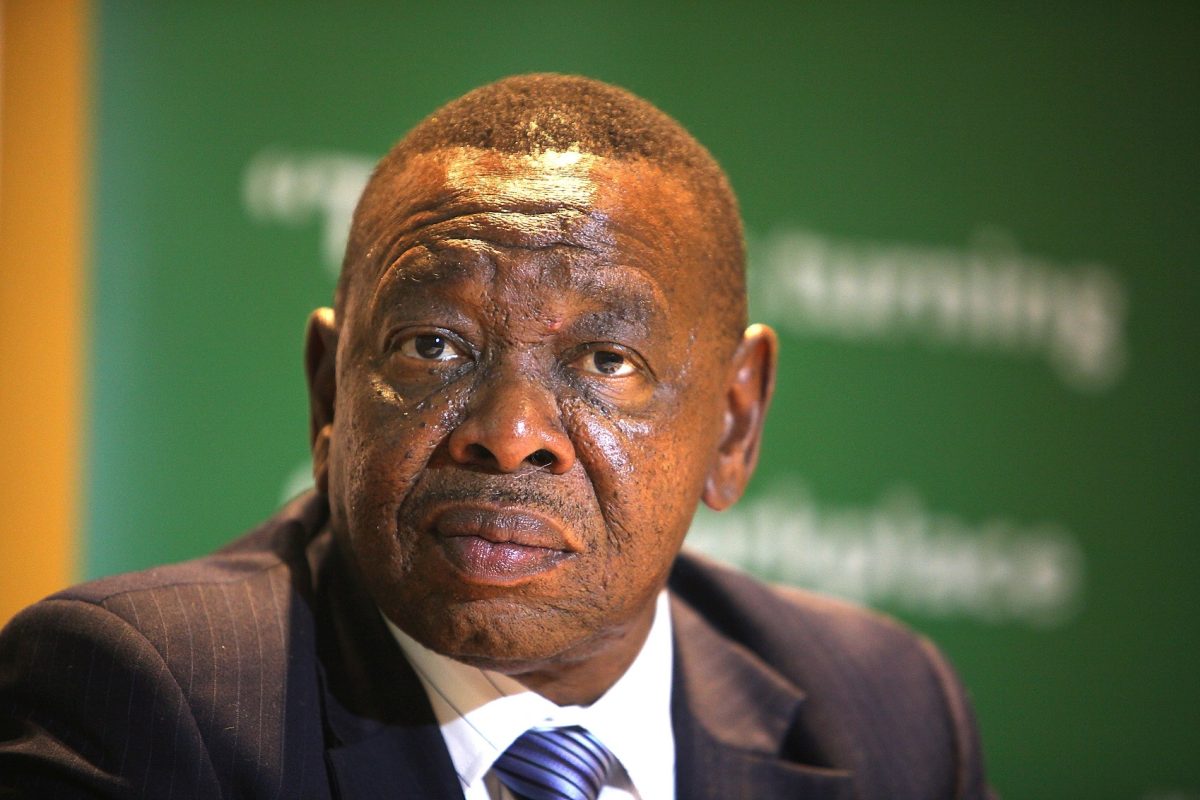

Transport Minister Blade Nzimande has said that if Africa wants to capitalise on its fast growth trajectory it needed better transport and logistics as current infrastructure was “insufficient”.
Delivering the keynote address at the 2018 African Ports and Rail Evolution Conference at the Inkosi Albert Luthuli International Convention Centre in Durban on Wednesday, Nzimande said Africa would continue to be one of the fastest growing economic regions in the world, with transport being an important growth enabler.
“Our regional ports and rail infrastructure developments are not in line with the trade growth in Africa and our deficient infrastructure raises costs of logistics, production and distribution,” said Nzimande.
He said African port depths could not accommodate large vessels such as 4 000 TEU (Twenty-Foot Equivalent Unit) capacity while port congestion led to “longer ship turnaround time and longer cargo dwell time”. This led to a “lack of predictability and reliability in the African ports system”.
“Eleven countries ranked top in the world for holding the largest mineral resources are located in Africa, necessitating infrastructure to develop efficient transport and logistics systems for Africa. We therefore need a combination of infrastructure and software policies to develop efficient transport and logistics players in Africa,” said Nzimande.
“We need to develop a regional ports plan to define the complementary role of African ports and generate business and volume growth opportunities.” Nzimande said the South African government would provide assistance to other African ports with specialised services such as hydrographic survey capability, spare dredging capacity and infrastructure planning.
“We will also support key freight corridors to ensure their optimal performance to improve our regional integration.” Nzimande said the Moving South Africa (MSA) freight transport strategy 2020 envisaged a transport system that met customer demands, be it on road, rail, sea or air.
“From a rail perspective, capital should be made available to upgrade the key routes and nodes, which carry the majority of freight volumes to assist densification and to achieve economies of scale,” he said. He said overloaded vehicles caused 60% of road damage, which was a driving factor to move more freight onto the rail network.
Nzimande said over R56-billion would be spent by the South African government on passenger rail services over the next ten years. He added that a white paper on National Rail Policy would make provision for private sector participation.
More news
- CELEBRATING EXCELLENCE IN THE RESIDENTIAL PROPERTY SECTOR
- PART 4: GIBS PANEL DISCUSSES INTEMEDIATE CITIES ROLE IN AFRICA’S DEVELOPMENT
- EXPOSED AGGREGATE PAVERS COMPLEMENT NEW LIFESTYLE CENTRE
- GIBS PANEL EXPLORES ROLE OF INTERMEDIATE CITIES IN SA’S DEVELOPMENT PART 3
- CITI-CON’S CONCRETE KNOWLEDGE SUCCESSFULLY DEPLOYED ON NEW LANDMARK DEVELOPMENT

